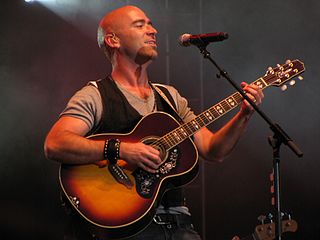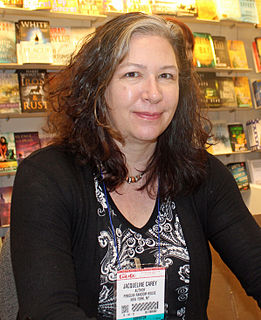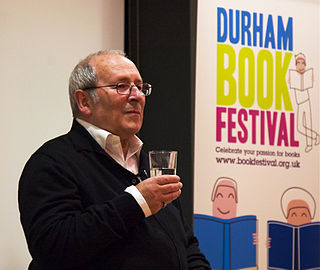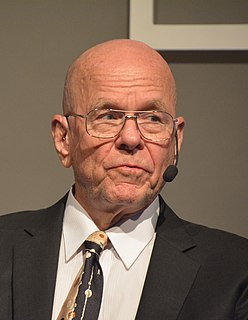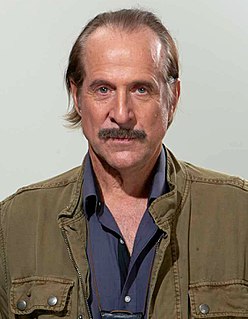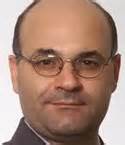A Quote by Christian Boltanski
In science we see progress. In art there is no progress. In art the questions have always been the same. From the beginning of time till now, we are always asking the same questions. There are very few. We are looking for God, we are asking why we die, we are contemplating sex and the beauty of nature. The only thing that changes is that, in each period of questioning, we speak with the language of our time.
Related Quotes
If you don't put the spiritual and religious dimension into our political conversation, you won't be asking the really big and important question. If you don't bring in values and religion, you'll be asking superficial questions. What is life all about? What is our relationship to God? These are the important questions. What is our obligation to one another and community? If we don't ask those questions, the residual questions that we're asking aren't as interesting.
The question is absurd: when you ask, 'If God is both all good and all powerful, why then does He allow suffering?', what you are really asking is, 'If God is both all good and all powerful, why then can He not make me (the questioner) - who is just as much a part of a universe in which there is suffering as is any other part - be at the same time the exact same questioner, but one who is now part and parcel of a universe in which there is no suffering?' Which, reduced down, is the same thing as asking, 'Why can there not be, at the same time, X and the preclusion of X?'
At the Third Wave Foundation, we were asking questions like, "How can we get more voters registered who support our issues?" or "How do we want to give away of money so that it has the greatest impact?" But, the poems were involved in questions of feeling whole, negotiating sexual trauma, and speaking to what has been lost forever. I've always been a person who feels most energized when I am both creating art and working toward social change, but I often have difficulty talking about the two in the same breath.
We have a word game in English called "Twenty questions." To play Twenty Questions, one player imagines some object, and the other players must guess what it is by asking questions that can be answered with a "yes" or a "no." I imagine every language has a similar game, and, for those of us who speak the language of science, the game is called The Scientific Method.
I also like to look at the dynamic that takes place between religion and science because, in a way, both are asking the same questions: Who are we? Where do we come from? Why are we here? Where are we going? The methodologies are diametrically opposed, but their motivation is the same; the wellspring is the same in both cases.

